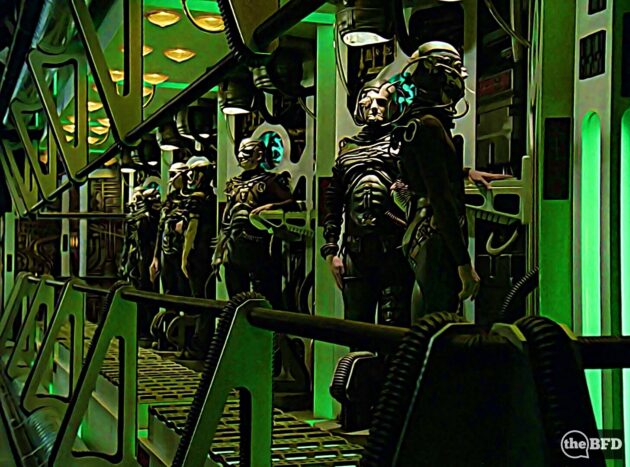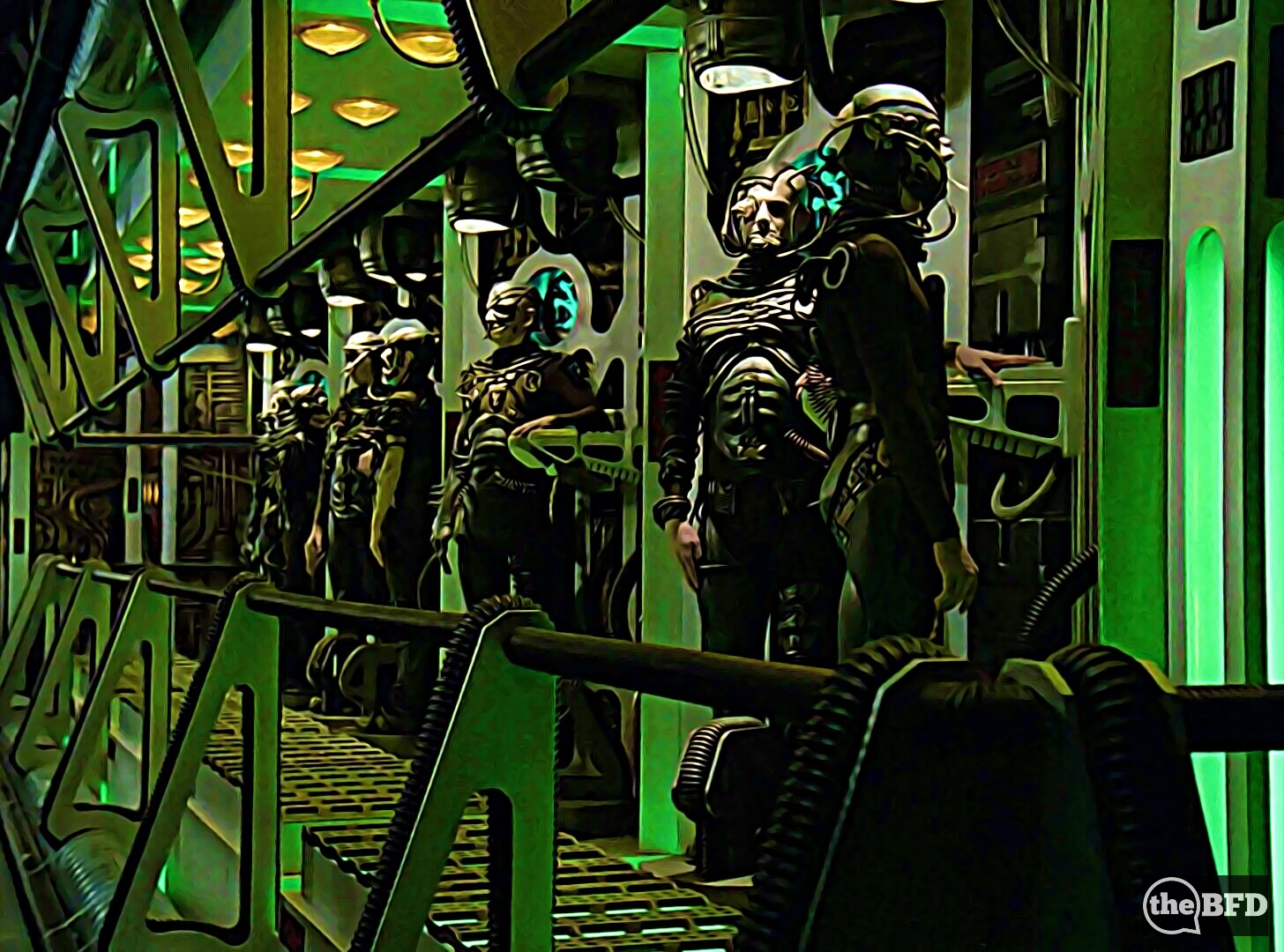Kevin Bird
NZ’s democratic system is built around party politics. Historically each party was formed because of a weakness or problem in society. A new party would be formed or voted into power because the public felt that a change was necessary. This worked for a long time but in recent years this premise has been brought into question. You could say that the move to MMP may now be viewed as a failed patch-up that tried to restore democracy. But how has it actually worked out in practice?
The real result of MMP is that no new party has gained a seat since MMP started and the smaller parties keep shrinking, dying, or behaving in a manner inconsistent with their stated policies; their voices strangled by dominant parties and media preference.
In the days of “first past the post” all MPs were electorate MPs, elected by local people to represent them. MMP, with its list MPs, effectively diluted that direct accountability to the public. Now the party collective (the Hive) includes those unelected (selected) MPs, and they together decide policy. All MPs of these parties representing the status quo are bound to vote according to the Hive view, perhaps against their own personal conscience and opinion.
Back a few years ago it was commonplace for MP’s to “cross the floor” on matters of principle, and lengthy debates often occurred in parliament. Just a few years ago select committees would conduct serious debate over the benefits or risks of any proposed legislation. However, in recent times such debate has been cut short and consultation on legislation reduced to tokenism. Basically, parties and their MPs have opted to disrespect the opinions of the people as “unnecessary” because the party or the leader is presented as “knowing what is best for the people”.
Now the voting public are left with a choice between one Hive they don’t agree with or another Hive which they also don’t agree with, and are stuck with the decisions, policies and actions of those Hives who have now seemingly moved outside the bounds of public accountability. You see, the electorate MP easily escapes accountability by using the excuse, “It was a caucus decision.” They consider that to be an acceptable excuse. But is it really?
Recent events have been particularly galling to Joe Public. Despite many New Zealanders suffering disadvantage and inequality through mandates, coercion, misinformation, medical misadventure and medical apartheid, these marginalised people (via government decree) were left with no rights and no recourse. This seemed wrong to these victims of government policy and their supporters, but nobody in power was listening.
They tried legal recourse but the courts betrayed them. They tried lobbying MPs but it fell on deaf ears. What could they do? So they protested. But even then, these protesters, who were already under financial pressure and bound by the law of their oppressors, could not get a single MP to listen to them. Why is that?
I suggest to you that party politics has been reduced from its original purpose (solidarity on matters of principle) to become in effect a “Coalition of Cowards” system, whereby the MPs in each of the Hives are so afraid of offending the Hive collective that they do not allow themselves to have an honest opinion, a personal conscience, or an ethical stance. If you are a Star Trek fan you will recognise this sort of thing as something akin to the intergalactic oppressor, “The Borg”, where each individual is absorbed and subsumed into the collective, and that collective has a rather dystopic perspective…

In part two of my discussion on the party system, we will consider possible solutions to these issues for those of you whose vote was “wasted” (8.9% in the 2020 election), and those of you who support a change from the status quo in New Zealand democracy.

